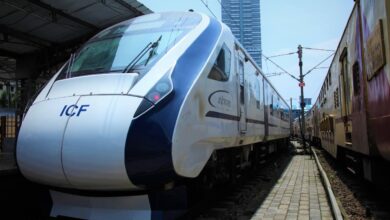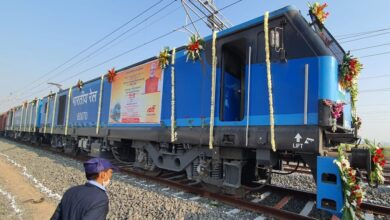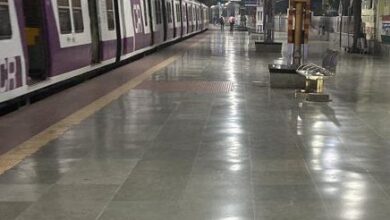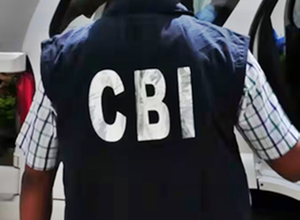Indian Railways fitted 23000 wagons with radio-frequency identification tags (RFID) for tracking
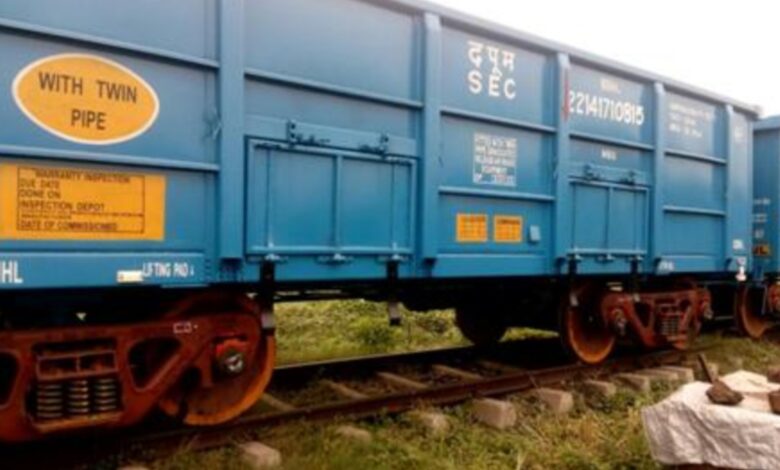
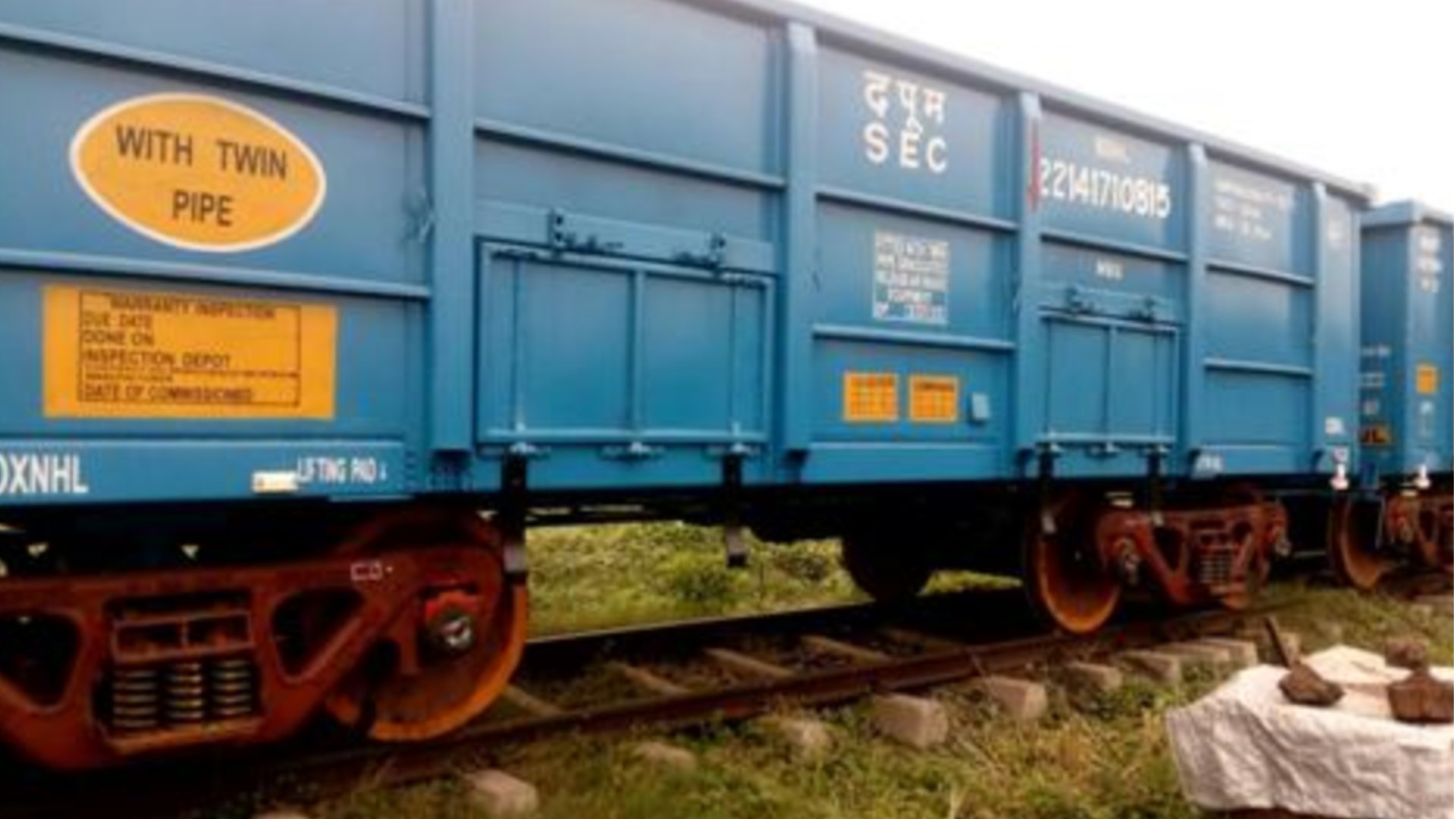
Indian Railways is amongst the largest Railway systems in the world, addressing a significant part of the country’s transportation needs, both in the passenger and freight segment. It carries about 23 million passengers per day and over 3 million tons of freight every day over 65000 route kilometers. It has major growth plans and needs to improve service levels and operating efficiency. As a part of this endeavour, the RFID project has been taken up which aims to automatically and accurately track and trace rolling stock as they move across the country with a special focus on improving their safety and reliability. Two works for RFID project have been sanctioned by Railway Board for a total of Rs. 112.96 Crores.
Using RFID devices, it will be easier for the railways to know the exact position of wagons, locomotives and coaches. Currently, such data is maintained manually, which leaves scope for errors. While the RFID tag will be fitted in the rolling stock, trackside readers will be installed at stations and key points along the tracks to read the tag from a distance of about two meters and transmit the wagon identity over a network to a central computer.
In this way, each moving wagon can be identified and its movement tracked. With the introduction of RFID, the issue of shortage of wagons, locomotives and coaches is expected to be addressed in a more transparent and expeditious manner. So far 23000 wagons have been covered under RFID project. Project is continuing, though Covid has slowed the progress. December 2022 is target to cover all wagons of IR.
Indian Railways is amongst the largest Railway systems in the world, addressing a significant part of the country’s transportation needs, both in the passenger and freight segment. It carries about 23 million passengers per day and over 3 million tons of freight every day over 65000 route kilometers. It has major growth plans and needs to improve service levels and operating efficiency. As a part of this endeavour, the RFID project has been taken up which aims to automatically and accurately track and trace rolling stock as they move across the country with a special focus on improving their safety and reliability. Two works for RFID project have been sanctioned by Railway Board for a total of Rs. 112.96 Crores.
For implementing this project over Indian Railways, the Centre for Railway Information Systems (CRIS, the IT arm of the Indian Railways), GS1 India and the Indian Industry have come together in alignment with the Prime Minister’s ‘Make in India’ initiative. Thereby creating a new segment in the AIDC (Automatic Identification and Data Collection) industry in India uniquely suited for the Indian Railways requirements. This project is being spearheaded by the Rolling Stock Department of the Indian Railways. GS1 India is deeply involved in ensuring the quality of the work and proper adoption of international standards. CRIS has been utilising the considerable expertise of GS1 in developing and validating solutions, based on GS1 Standards, for the Indian Railways.
The project enables real time visibility of railway wagons through the National Rail Network using cutting edge technologies like RFID with GS1 global standards for unique & universal identification, in line with global best practices. It enables enhanced operational efficiency of the Indian Railways. This unique initiative of standards based technology development coupled with high-paced field work done by CRIS during last 15 months has now borne fruit – the complete technology eco-system for RFID implementation on the Indian Railways has been established jointly.
In order that RFID tags can be used in all locations in the country including those with poor connectivity, Indian Railways opted to use the GIAI-202 standard. Indian Railways has successfully field tested these CRIS designed GIAI202 encoded tags at a speed of 182.7 kmph. This feat puts the Indian Railways in the league of leaders with respect to AIDC technology in the Railways sector.

